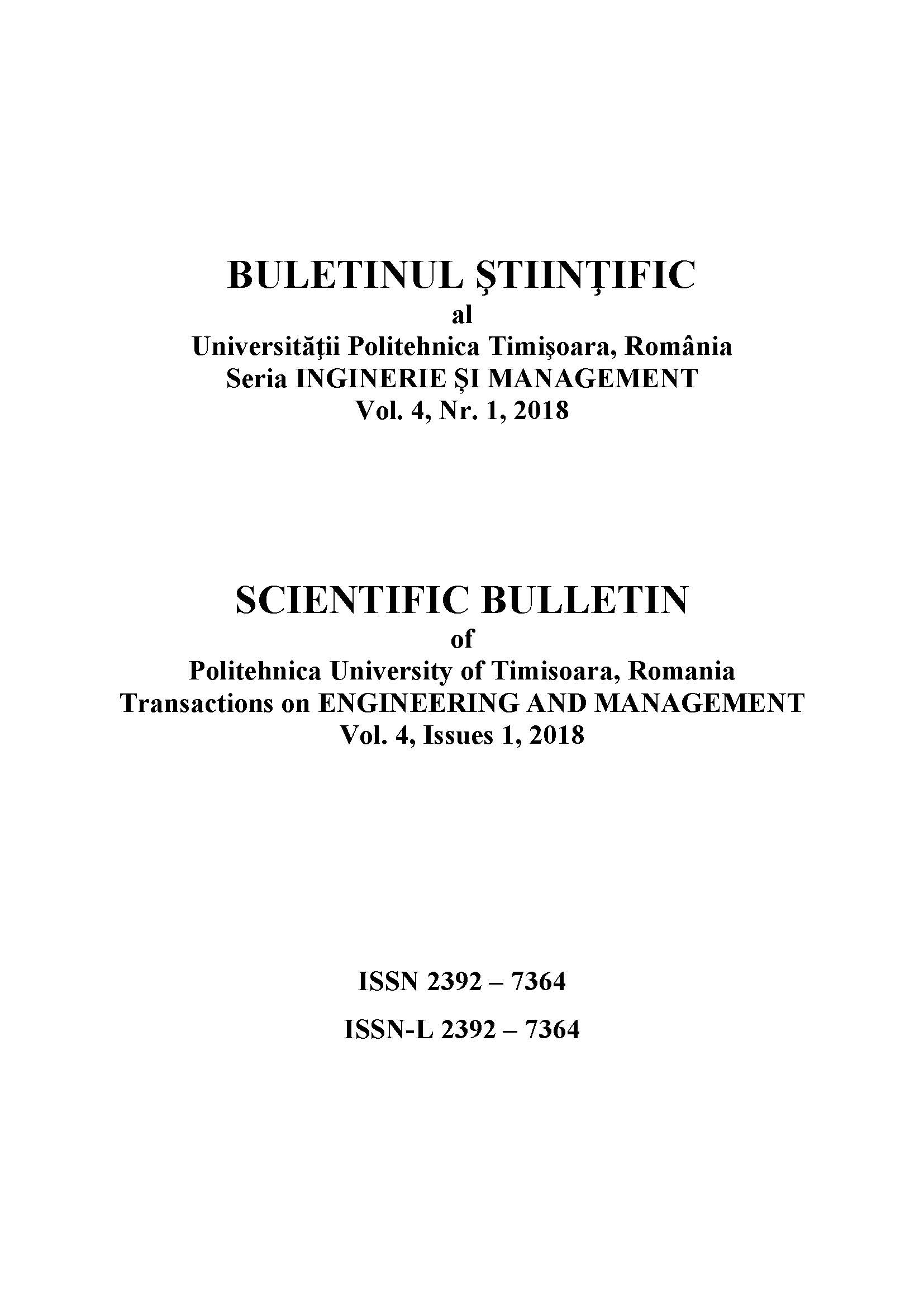Water Governance and Its Effectiveness
Water Governance and Its Effectiveness
Author(s): Mihaela BoranSubject(s): Economy, Business Economy / Management
Published by: Editura Politehnica
Keywords: Dialogue; Governance; Integrated Water Management; Participation;
Summary/Abstract: Water governance refers to the political, social, economic and administrative systems in place that influence water’s use and management. Essentially, who gets what water, when and how, and who has the right to water and related services, and their benefits. It determines the equity and efficiency in water resource and services allocation and distribution, and balances water use between socio-economic activities and ecosystems. Governing water includes the formulation, establishment and implementation of water policies, legislation and institutions, and clarification of the roles and responsibilities of government, civil society and the private sector in relation water resources and services. The outcomes depend on how the stakeholders act in relation to the rules and roles that have been taken or assigned to them. The water sector is a part of broader social, political and economic developments and is thus also affected by decisions by actors outside of the water sector. New forms of governance focusing on process-oriented societal co-steering through, for example, formal and informal networks, partnerships and dialogue, have emerged within the water sector. The governance transformation is intrinsically linked to the increasing focus on the complexity of water management and the multifunctional character of water and the search for alternative forms of organisation.
Journal: Buletinul Științific al Universității Politehnica Timisoara – Seria Inginerie și Management
- Issue Year: 4/2018
- Issue No: 1
- Page Range: 28-35
- Page Count: 8
- Language: English

